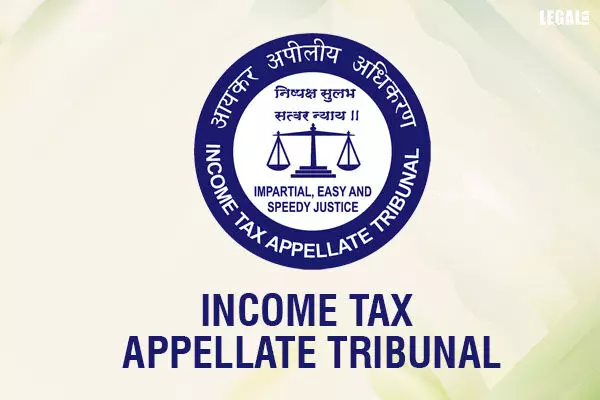
Unexplained Source Of Expenditure Attracts Provisions Of Section 69: ITAT
However, citing exceptions, allows the assessee’s appeal and directs the assessing officer to delete the additions
The Ahmedabad, Gujarat bench of the Income Tax Appellate Tribunal (ITAT) has ruled that actual expenditure, with unexplained source, attracts the provisions of Section 69 of the Income Tax Act.
The Coram of TR Senthil Kumar (judicial member) and Waseem Ahmed (accountant member) clarified that no addition could be made by the assessee on the reason that the property was transferred through registered sale without making the payment to the vendor.
The bench referred to the decision of the Delhi High Court in the CIT versus Lubtec India Ltd – 311 ITR 175 case. It reiterated, “The provisions of Section 69C of the Act are applicable to the expenditures, incurred by the assessee and the assessee fails to offer any explanation about the source of such expenditure.”
The assessee is a vegetable wholesale trader.
As per the ITS data, the assessing officer (AO) found that the assessee purchased two immovable properties for Rs.95,47,000 registered with the sub-registrar office (SRO) Kadi, Mehsana, but it was not disclosed in the books of accounts. The assessee had also purchased agricultural lands for Rs.48,02,000 and Rs.47,50,000 and paid the amount through cheques.
The assessee claimed that the title of the property was defective, therefore, the cheques issued to the vendors were not cleared by the bank. Thus, the property was not transferred to him.
On verifying from the vendors, the AO issued a notice under Section 133(6) and deputed an income tax inspector to carry out the spot verification of the land and property. The vendor’s confirmed that the sale of the property was yet to materialize due to technical issues.
The AO observed that in a real estate deal, the seller received purchase consideration on or before the execution of the sale deed. However, in the present case, the sale deed was executed without encashing the cheque and as reported by the inspector, the possession of the property was given to the assessee.
It meant that the amount was paid from unaccounted sources and the so-called cheque issued by the assessee was a camouflage. Hence, the AO made the addition of Rs.95,47,000 as unaccounted income used for the purchase of land property, invoking Section 69.
The judges noted that the assessee purchased the land much earlier through the sale deed and the payment was made, which was contrary to the prevailing market practice. Under standard conditions, the buyer paid the vendor on or before the registration of the sale deed.
However, the bench stated that there could be exceptions, but it could be accepted if there was a reasonable justification. Thus, the ITAT allowed the assessee’s appeal and directed the AO to delete the addition.